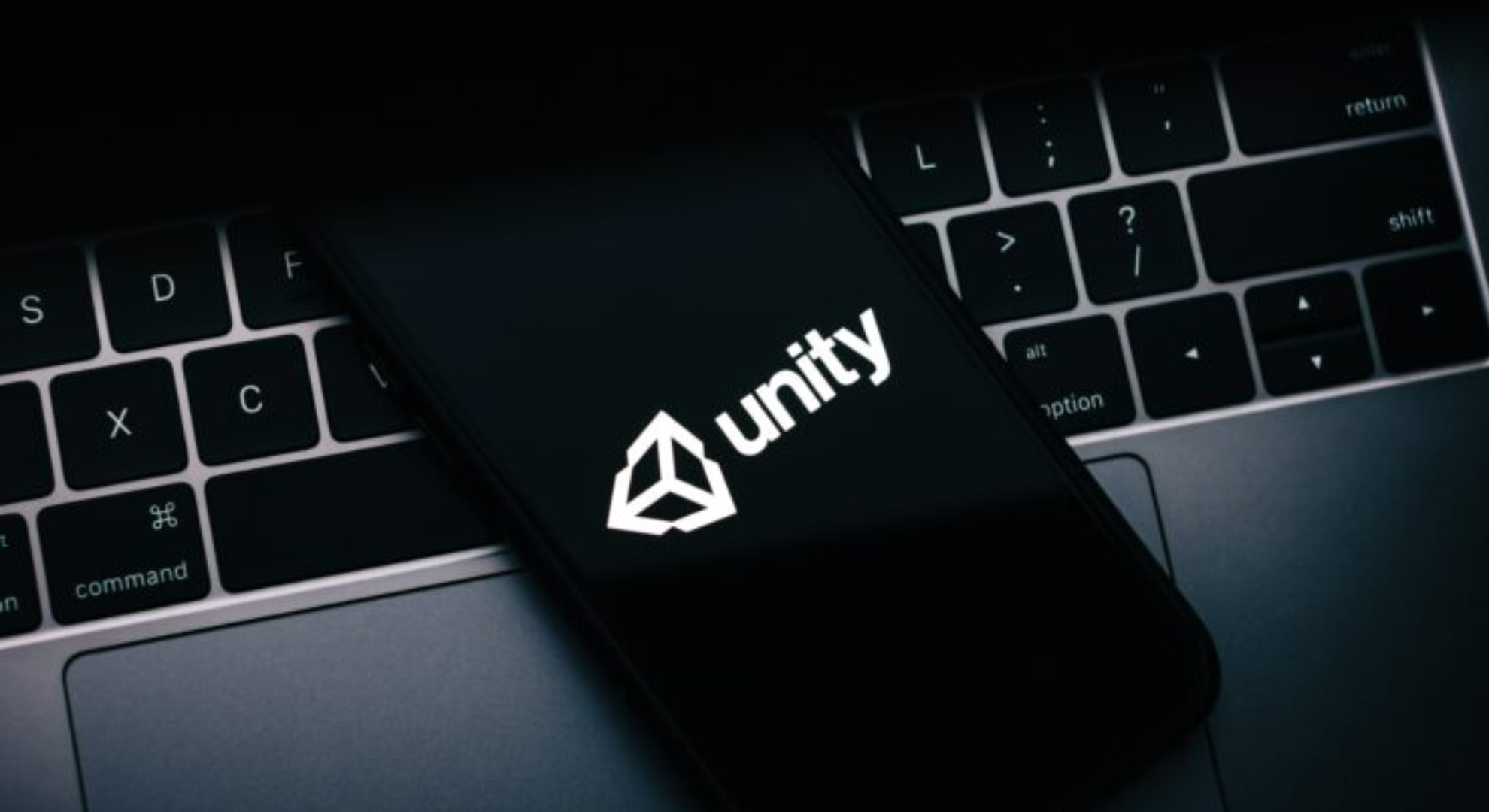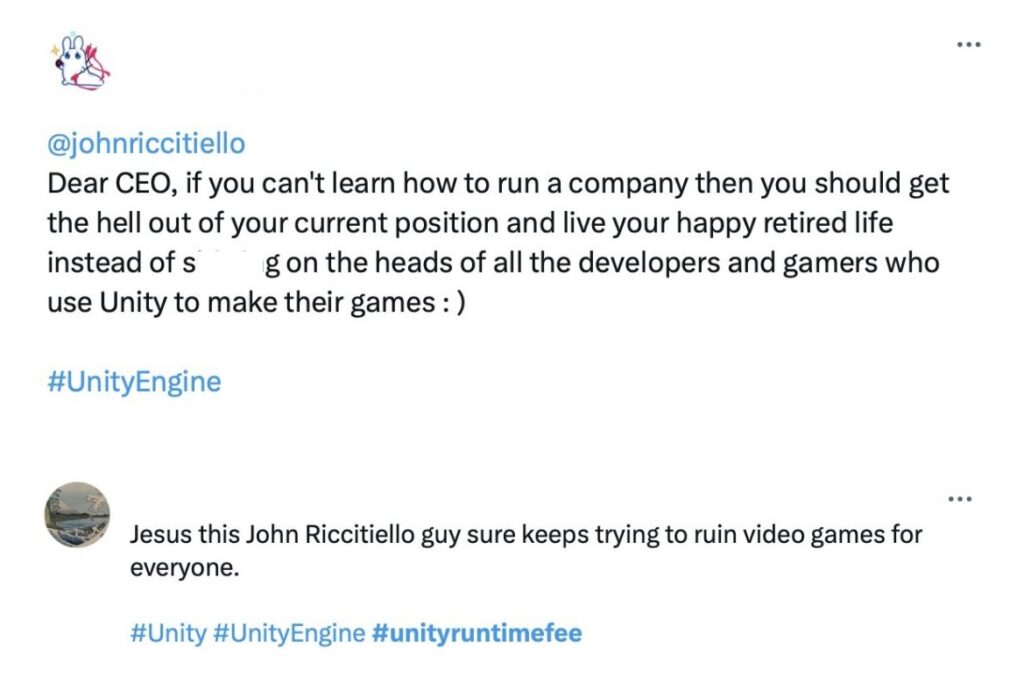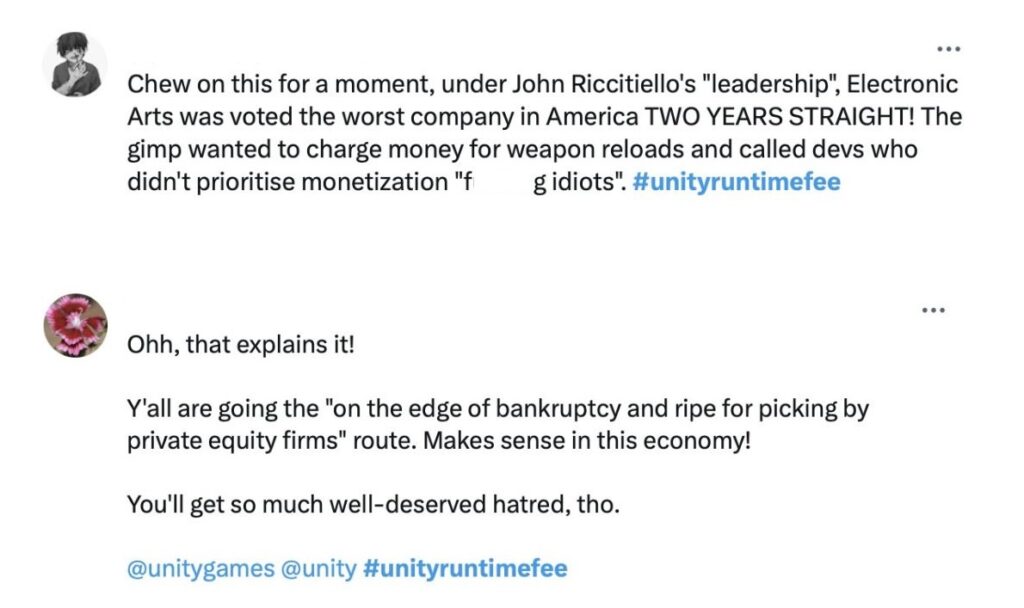Software company Unity had shut down two of its offices for the remainder of the week and postponed a town hall meeting following a report that there was a death threat made in the wake of a controversial price plan change that was announced earlier this week.
Last September 12, Unity announced that starting January 1, they will begin to charge users of their software a “Runtime Fee” based on the number of times a game is installed.
This really made countless indie developers freak out and most of them have already announced their intention to switch platforms for in development or future releases.
Unity has quickly tried to clarify some of the most common questions this move raised. The company has clarified that it will only be charged on the initial installation but that does not cover multiple platforms such as an install on both PC and Steam Deck.
Regarding privacy, they have their own fraud protection tech that the developers need to trust so they’re not getting charged for pirated copies.
There will be no fee to be charged on charity bundles including games, but the developer will have to inform Unity first about the inclusion to make sure that this actually happens.
For games that are being offered on subscription services like Game Pass, Microsoft would be charged instead of the developer for the installs.
Despite the clarifications, it looks like they have made up their mind. There would still be developers who would transfer to other platforms like Unreal or other engines to avoid this kind of install-fee based model that has arrived out of nowhere.
Designer and coder of Heat Signature, Tom Francis, described the change as “an astonishing scumbag move.”
Francis’ major complaint wasn’t the new fee structure itself but the way Unity imposed it on developers who have already released games using the Unity engine: The Unity Runtime Fee FAQ says the new charge “applies to eligible games currently in the market that continue to distribute the runtime” after January 1.
The same sentiments were shared by The Falconeer developer Tomas Sala who has already committed to the Unity engine for his new game.
What I also dislike also about this @unity debacle.
I already committed to their engine for my new game. Put years and years of work into my pipeline. I did so under a simple per seat license I am happy to pay.
Now while I am close to release they spring something new on me.…
— Tomas Sala (@FalconeerDev) September 12, 2023
Gloomwood developer Dillon Rogers said that even if Unity walks this policy back completely, “the damage is done.” He said that “You cannot trust a partner who will alter the deal after it’s done.”
Gamers have also aired their sentiments online regarding the changes in Unity.
After a few hours of announcing the new Runtime Fee policy, Unity has told Axios that it has now changed direction on the “multiple installs = multiple charges” policy after regrouping to discuss the issue following the backlash from developers. According to the representative, they cleared that uninstalling and then reinstalling a game will not result in multiple charges which the software company hopes this will ease the fear of “install-bombing.”
Other POP! stories that you might like:
Young Filipino animators let you experience being a ‘Jeepney driver’ in newly launched 3D game
Radio Station introduces its first-ever AI DJ based on real-life midday host
Google AI co-founder predicts that everyone will have AI assistants within the next five years





